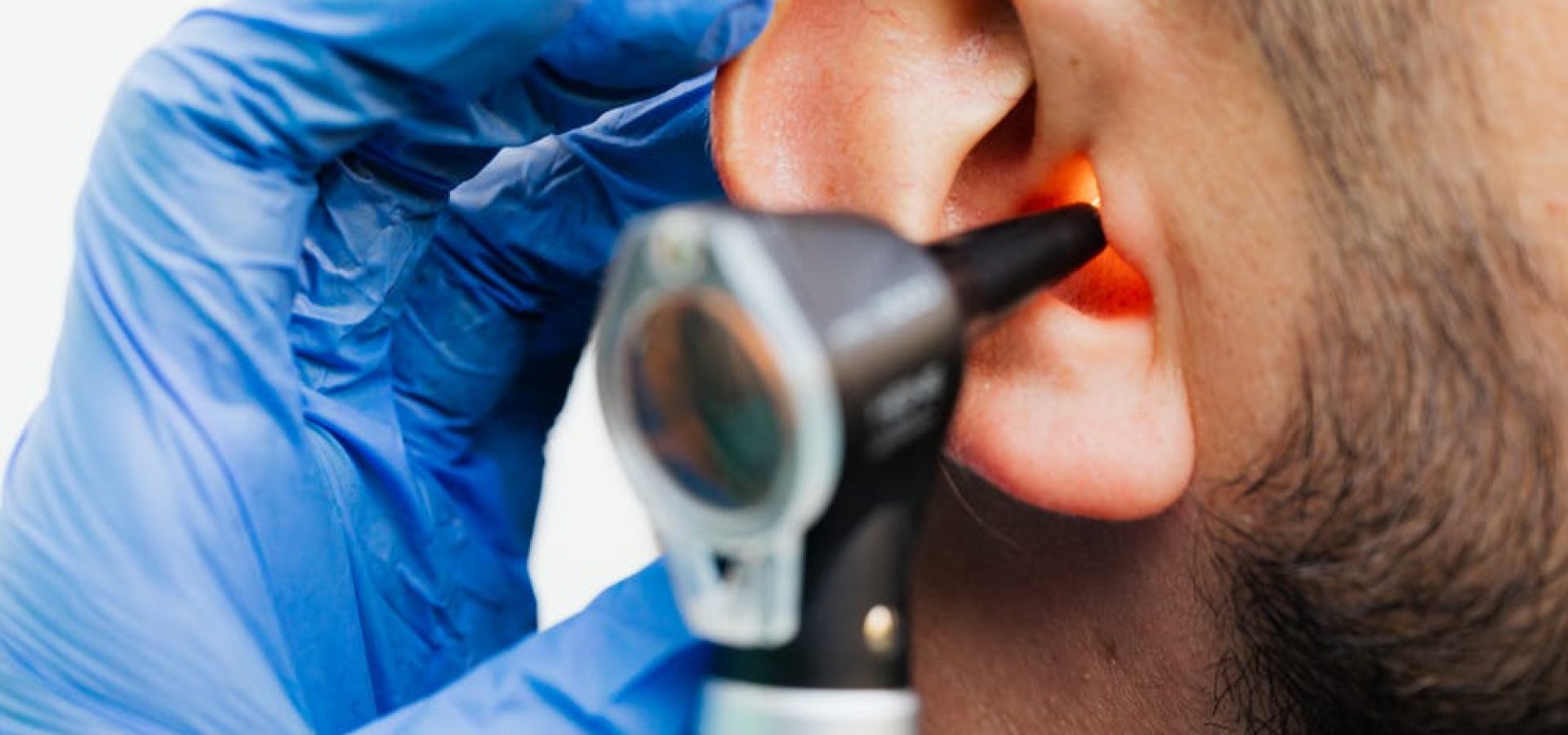Menu

Detecting the early signs of hearing loss is now possible due to tests done by audiologists. The severity of hearing loss gets seen in two ways: the loudness of the sound source before the subject hears it and the frequencies that are easy and difficult to hear.
Although hearing loss is more common in older people, it’s also possible to manifest in younger patients—leaving them questioning what happens next. Therefore, here are the frequently asked questions patients may have about detecting hearing loss.
1. How to Measure Sound?
Sound uses decibels, with the average human hearing at around 0 decibels. For example, the sound of regular breathing or a fridge humming is about 30 decibels, while a whisper is around 30 decibels.
If the sound is louder, it’s measured in decibels, and for instance, a lawnmower produces about 90 decibels, and a power saw at 100 decibels. If the sound is loud, it may cause hearing loss, and at 180 decibels, it can cause permanent hearing loss.
The louder the sound, the greater the hearing loss, but even if people are exposed to loud sounds, they might not be aware of it.
2. Degrees of Hearing Loss
Hearing loss can be classified into mild, moderate, severe and profound.
Mild hearing loss is about 15 decibels, with sound being increasingly difficult to hear. Any sound of more than 40 decibels is challenging to hear, and people with a mild hearing loss may have trouble recognizing speech or hearing high-pitched sounds.
Moderate hearing loss is around 20 decibels to 40 decibels. It sounds over 60 decibels may cause problems, and with a mild hearing loss, the softest sounds are heard, but clarity is not present.
Severe hearing loss is measured at 50 decibels and above. This loss means the person will have trouble hearing soft sounds, and at 80 decibels, speech cannot be heard clearly.
Profound hearing loss is anything below 50 decibels. Speech is entirely unintelligible, and even a whisper cannot be heard.
3. How to Measure Hearing Loss
To measure hearing loss, audiologists use audiometers that can be sized for different patients. They calibrate the sound levels so that they can be measured accurately. Computerized audiometers are more accurate because they use sophisticated technology to interpret sounds better.
4. What Other Hearing Tests Are Used to Detect Hearing Loss?
The other hearing tests used are the auditory brainstem response, bone conduction and the evoked potentials. The results indicate whether the patient has hearing loss and determine the severity. The audiogram is a graph that shows the intensity of sound in decibels on the vertical axis and the volume that the patient heard on the horizontal axis.
5. How Long Does a Hearing Test Last?
People susceptible to hearing loss should be tested at least once a year to identify the hearing loss. In cases where people have a high susceptibility to hearing loss, they should take hearing tests every six months. A hearing test can be done within 15 minutes, depending on the hearing loss and how many frequencies the audiogram is measuring.
Conclusion
Hearing loss is not just a matter of being unable to hear. It also involves changing someone’s mood, getting stressed or losing interest in various activities. Early detection helps people with hearing loss manage their lives better and make vital lifestyle changes.
The most common cause of hearing loss is noise exposure, and it is essential to reduce noise in the workplace and at home. To prevent hearing loss, it is necessary to wear earplugs when working with loud machines and use ear protectors when at shooting ranges.
Fraser Valley Beltone is a hearing aid clinic providing hearing tests and Beltone hearing aids to people needing assistance with their hearing. Through our audiologist in Abbotsford, we can detect early signs of hearing loss and help patients take the next step in maintaining their ability to hear. Schedule an appointment with us today and let us know how to help.
Share Post
Facebook
Twitter
LinkedIn
Email
Reddit
Pinterest
